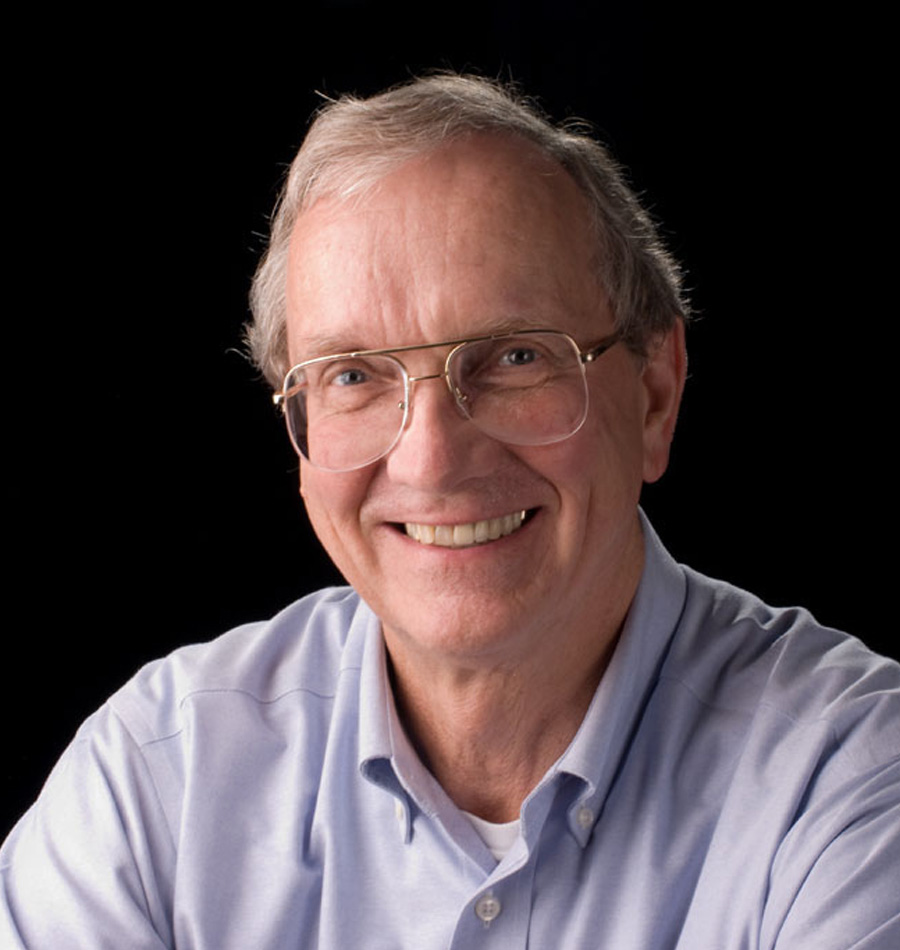Richard Andrews
Richard, “Pete,” Andrews is Professor Emeritus of Environmental Policy in the Department of Public Policy, UNC College of Arts and Sciences. He also holds joint appointments in the Department of City and Regional Planning and in the Department of Environmental Sciences and Engineering of the Gillings School of Global Public Health, the Curriculum for the Environment and Ecology, and the Carolina Institute for the Environment. From 2004 to 2009 he held the first Thomas Willis Lambeth Distinguished Professorship in Public Policy.
Professor Andrews’ research and teaching are on environmental policy in the United States and worldwide, including the book Managing the Environment, Managing Ourselves: A History of American Environmental Policy, which discusses the history of U.S. environmental policy and research grants on environmental policy innovations in the United States, the Czech Republic, and Thailand. He also directed the National Database on Environmental Management Systems, a major research initiative developed with support from the U.S Environmental Protection Agency in cooperation with the Multi-State Working Group on Environmental Management Systems. His current work is principally on state policy innovations for addressing energy efficiency, renewable energy, and global climate change.
Beyond the University, Dr. Andrews served as a member of North Carolina’s Legislative Commission on Global Climate Change, and has chaired and served on study committees for the National Research Council, the Science Advisory Board of the Environmental Protection Agency, the National Academy of Public Administration, and the Office of Technology Assessment of the U.S. Congress. He has twice chaired the section on Societal Impacts of Sciences and Engineering of the American Association for the Advancement of Science, and was a member of its Committee on Science, Engineering, and Public Policy. He recently completed two terms as a member of the NRC’s Committee on Human Dimensions of Global Change, and also served on its panel on Addressing the Challenges of Climate Change Through the Behavioral and Social Sciences. Within North Carolina, he was principal environmental staff member for the 1984 “NC 2000” study, which was commissioned by the governor and chaired by former UNC President William Friday.
Professor Andrews is a Carolina alumnus and parent, and has been a member of the UNC faculty since 1981. He served as chair of the UNC Faculty from 1997 to 2000, and has also served on the Faculty Council Executive Committee, and the Chancellor’s Advisory Committee. He chaired the 1991 review committee on the university’s environmental programs and the 1995 Arts and Sciences Dean Review Committee, and also has chaired the Campus Y Faculty Advisory Committee. He directed the UNC Institute for Environmental Studies for ten years, and the graduate program in environmental management and policy for a three-year term.
Professor Andrews is a 1966 graduate of Yale University, and earned his Ph.D. and professional master’s degree from the University of North Carolina’s Department of City and Regional Planning. Before joining the Carolina faculty in 1981, he taught for nine years at the University of Michigan’s School of Natural Resources, and was previously a Peace Corps Volunteer and an analyst for the U. S. Office of Management and Budget. He is a Fellow of the American Association for the Advancement of Science and the National Academy of Public Administration, and a member of Sigma Xi, Delta Omega of the public health honor society, and the Association for Public Policy Analysis and Management.
For more information on Dr. Andrews, please see his personal website.

